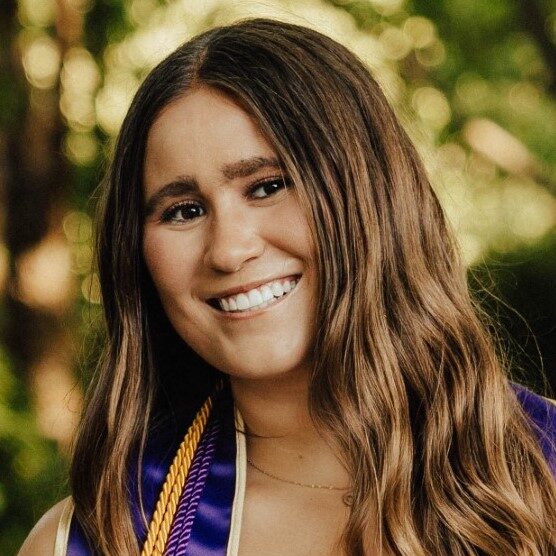Sofia Redondo (she/her) is a Research Study Assistant at the SMART Center. She is a recent graduate from the University of Washington, where she earned a B.S. in Psychology with Departmental Honors and minors in Education, Learning and Societies and Spanish. As an undergraduate, Sofia conducted her honors thesis exploring how different nature interaction patterns impact Presence, a new construct in the Nature and Health Field, and various positive emotions. In addition, she volunteered with the First-Approach Training Skills team at Seattle Children’s where she explored how brief evidence-based behavioral therapy can be provided in the pediatric care setting. These research experiences in combination with her work as a reading tutor and summer camp counselor sparked her interests in improving accessible mental health interventions and individuals’ well-being focusing specifically on youth. She now assists in both the BASIS-T & USABILITY projects. During her free time, Sofia likes attending sporting events, exploring new Seattle restaurants, cooking and spending time with her friends and family.
| Want to participate? See information below. | [maxbutton id="2" url="mailto:usability@uw.edu" text="HAVE A QUESTION?" window="new" ] |
Project Information
The aims of this project are to:- Evaluate the usability of leading, evidence-based Tier 1 social-emotional learning (SEL) programs and practices and identify unique and common usability problems.
- Explore the links between SEL programs/practices usability and implementation and student outcomes.
- Refine the USABILITY theory of change, develop a matrix of usability problems and redesign solutions, and articulate guidance to the field for designing usable Tier 1 SEL programs/practices.

Importance
This is the first study to evaluate the usability of school-wide, universal SEL programs - in other words, how easy (or hard) they are to implement from the perspectives of teachers and students. We will also explore how much a SEL program/practice's usability matters to school and student outcomes.Recruitment
The study is actively recruiting participants to complete the virtual user testing component.------------------------------------------------------------------------------------------------------------------
ELIGIBILITY
We invite teachers and students who meet the following criteria to participate.
Teachers
|
Students
|
------------------------------------------------------------------------------------------------------------------
PARTICIPATIONParticipants are asked to complete virtual testing of 2 SEL programs where they will:
|
